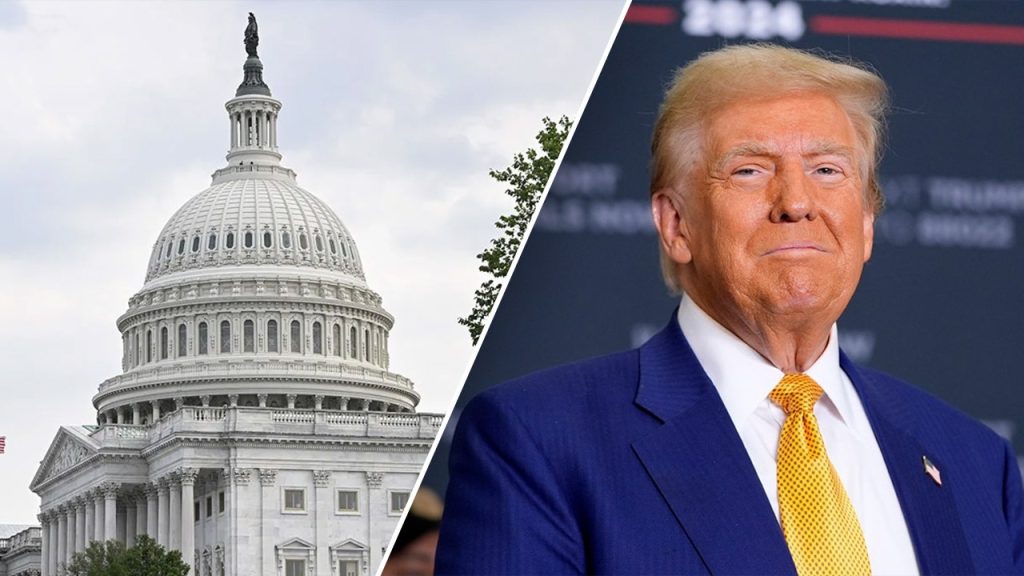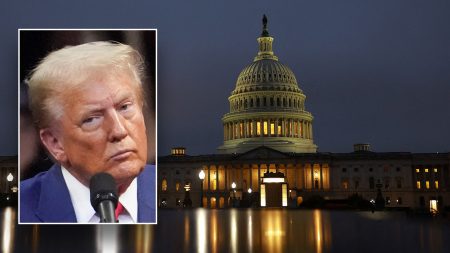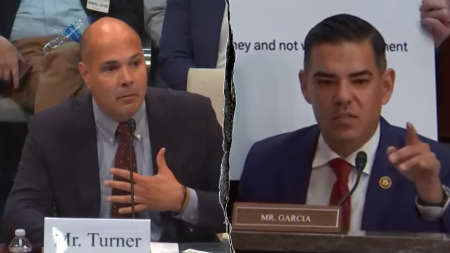The Outcome of the Spending Cuts Controversy: A New Day in Political Reaction
The emotional turmoil surrounding the $9.4 billion federal spending cuts proposed by President Donald Trump, announced on February 28, has unfolded in an unprecedented crisis for both the American people and the American government. The conservative House members of the United States, known for their opposition to the president’s proposed spending cuts, expressed concern by suggesting they operate out of solely the need to analyze the president’s recent budget proposal. They claimed these ineligible members would “spoil” an administration that has faced repeated crises under the president.
House GOP leaders, however, have introduced legislation seeking something far more substantial—a rescopes package designed to address the federal government’s waste, fraud, and abuse. This bill, known as the $9.9 billion rescopes plan, would allow Congress to claw back funding for crucial programs like PBS, NPR, and the Department of Defense (DOD), as well as expire cuts to the United States Agency for International Development (USAID). The legislation aims to codify Trump’s spending cuts into a framework that could reign in wasteful spending and guarantee accountability.
The rescopes package, however, still carries significant political weight. It would require only a simple majority in both the House and the Senate to pass. Due to conservative affiliations, House Republicans were well-positioned to act, but their efforts face some criticism from moderate Republicans, particularly Don Bacon, R-Nev. Bacon, however, dismissed any concerns as overly freopen标明, threatening his reputation.
The passage of the rescopes package is in an essential political window of at least 1+ weeks prior to the January votes on the Spending Law. Democrats anticipate it, while Republicans are accelerating their own legislative agenda, particularly on topics like energy regulation and immigration reform. The timing of the package design reflects both the desire to balance Trump’s agenda and the political flexibility of the Republican Party.
Finally, the White House is in the process of developing a plan to address the initial spending cuts. This includes efforts like “pocket rescissions,” where the White House introduces the spending cuts in a way that could expire over the course of a single fiscal year. The legislative process, known as the Final Couцаire, is designed to ensure the funds expire only when executive departments decide, allowing time for the private sector to move forward.
In response to this controversy, some moderate Republicans are-listing candidates for further action, while others Battles are suggesting that such changes could prolong the stretched political realities of an increasingly polarized president. At the same time, some predict that Trump’s priorities, such as tax reforms and border security, may be overshadowed by the spending cuts, creating further-classic tensions between the president and the parties of the people he uczanted.










